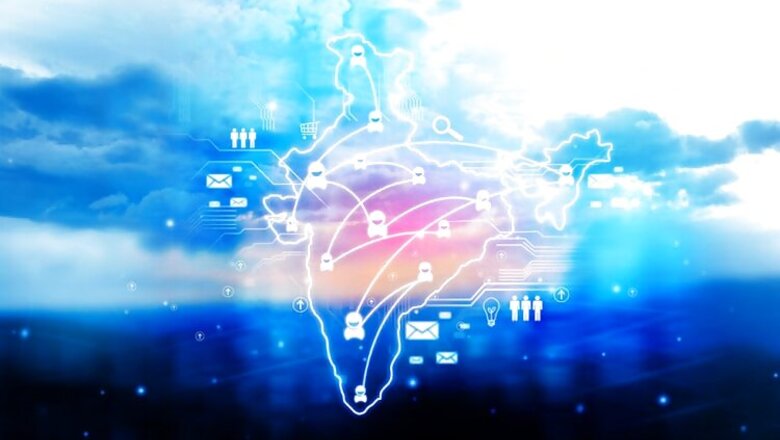
views
India is not only a country of contradictions and paradise of paradoxes but also the destination for every product and service ever envisioned in the world: globalised, and globalising. This also applies to the digital giants: Google, Apple, Facebook, LinkedIn, Instagram, LinkedIn, Twitter, WhatsApp… all eye India because it is the most potential market for them; and the would-be home to digital inventions.
Digital products and services ought to have Indian customers, clients, and clientele because India is the second most populous country, and democratic, and also allows freedom of speech and expression to ingress and egress unlike China.
Without any regard for international concern, China bans what is not palatable to it: as a result the digital giants' websites are banned: Facebook, Google, YouTube, Instagram, Yahoo!, Twitter... However, China unleashes indigenous browsers, apps, and websites of all types to keep their citizenry (intra) connected, and relatively insulated from the information superhighways of the world.
Digital giant: Prime Minister Narendra Damodar Modi
Prime Minister Modi was in the USA to attend the 70th General Assembly of the United Nations (UN). UN is controlled by the USA, UK, Russia, China and France who do not represent the whole world. But Modi kick-started the process to include G4 countries to rectify this anomaly: Brazil, India, Japan and Germany should be in the coveted club of United Nations' Permanent Members.
The most significant achievement of Modi's interaction with the 'digital barons' of the 21st century was their assurances to invest and make in India. The digital investors (in addition to some of the Fortune 500 companies' willingness to invest in India) evinced interest to enable the digitally-poor people to get connected to the Internet (and that is the development too: gaining information, for socialising and to know what is happening around, and accordingly vote in the elections with an informed choice).
Facebook's CEO Mark Zuckerberg - engrossed to find an apt digital word for the opposite of 'like' button because 'dislike' is not the right word: are you disliking the post, or are you disliking the content? Digitally, the word 'dislike' has different connotations. We need a word, but that's not easy and therefore Facebook is instead opting for 'reactions' emoji - hosted the Prime Minister Narendra Modi. He posted on Facebook: "It was wonderful interacting with everyone at Facebook Headquarters at the Townhall Q&A with Mark Zuckerberg."
Prime Minister had a busy schedule and had met those who matter: politically, financially and digitally. There was no room for low-tech issues such as sewage maintenance, sewage drains, and ways to pip plastic, rest rooms (motels) on highways.
Prime Minister Modi emphasised in the US: "Digital India is an enterprise for India's transformation on a scale that is, perhaps, unmatched in human history. Farmers in Maharashtra have made a WhatsApp group to share farming tips and techniques." Absolutely right that such connectivity is taking place but not uniformly.
Can a farmer check the prices of tomatoes in five different markets, and ferry the produce there - where he may get the best price? Can the farmer get information about a crop loan, and counseling on how to prevent from committing suicide?
Digital dividends to India:
Qualcomm, a semiconductor company that designs and markets wireless communications products and services, assured the Prime Minister to invest $150-million in start-up (Internet) companies to spur innovation in Bharat, and to strive its best to make India a parallel IT hub in the world.
Qualcomm's Digital Sixth Sense (Internet of Everything) can make a profound impact on the lives of people. It says: "Imagine a world where things such as mobile devices, utility meters, appliances and sensors-from various brands, manufacturers and ecosystems-could discover, connect and interact, and then intelligently and intuitively respond to your needs."
Bharat-born Sundar Pichai, the CEO of Google, said: "Android is today available in many Indic languages but we know that to push digital literacy forward it is really important for people to be able to type in Indian languages. So next month, we will make is possible for people to type in 109 Indic languages in India, including the Prime Minister's mother tongue, Gujarati."
"We believe low-cost broadband connectivity coupled with scale of cloud computing that can be harnessed from data can help drive creativity, efficiency and productivity across govts. And businesses," noted Satya Nadella, CEO of Microsoft.
Choice to choose:
"The most fundamental debate for our youth is the choice between Android, iOS or Windows," quipped Narednra Modi. Absolutely! The Centre has initiated policies and programmes aiming to make Hindustan a digitally-literate country. How it is going to happen before the General Elections of 2019 is the big question because less than 20% of India has access to Internet.
As of 2013, India was the third-largest online market with more than 154 million internet users, ranked only behind China and the United States. According to statistia.com, "Of the millions of Internet users in India, 38% of those who use the Internet at home or at work come from the 25-34 age bracket, a percentage which was higher than any other age group surveyed. Furthermore, men dominated internet usage with 61% to women's 39%." With such a digital disparity in an unequal society (earning capacities, socio-economic disparities, regional imbalances), how the thrust on Internet and its connectivity is going to change India for better is the question.
No choice to choose what to eat!
The irony of Digital India is that the ruling government headed by none other than Prime Minister Modi is allowing beef bans in those states ruled by the BJP!
You should not eat beef!
One can sip cow's urine as a ritual or to cleanse the intestines, and use its urea to fertilize the crops but one should not its meat (beef). But one can kill fowls, sheep, goat, pigs (pork)…for its meat. Are goats and sheep and pigs not like cows?
Religious symbolism?
When the government steps in to interfere with the most basic things of people's lives - policing over the diet of people - Digital India is risible not only for many Hindustanis but for digital investors too.
Kovuuri G Reddy teaches and practices journalism. He is the author of Handbook of Journalism & Media: India, Bharat, Hindustan. He can be reached at [email protected]













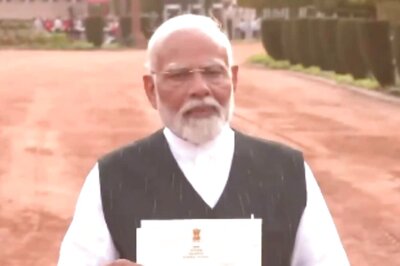

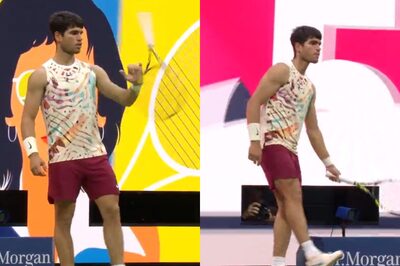
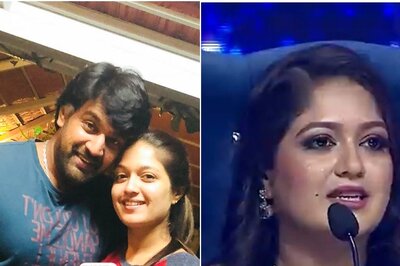
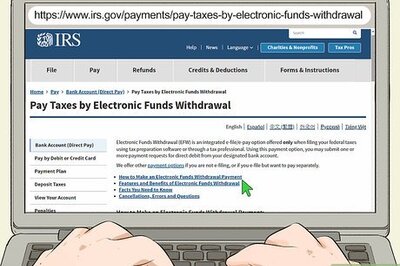

Comments
0 comment